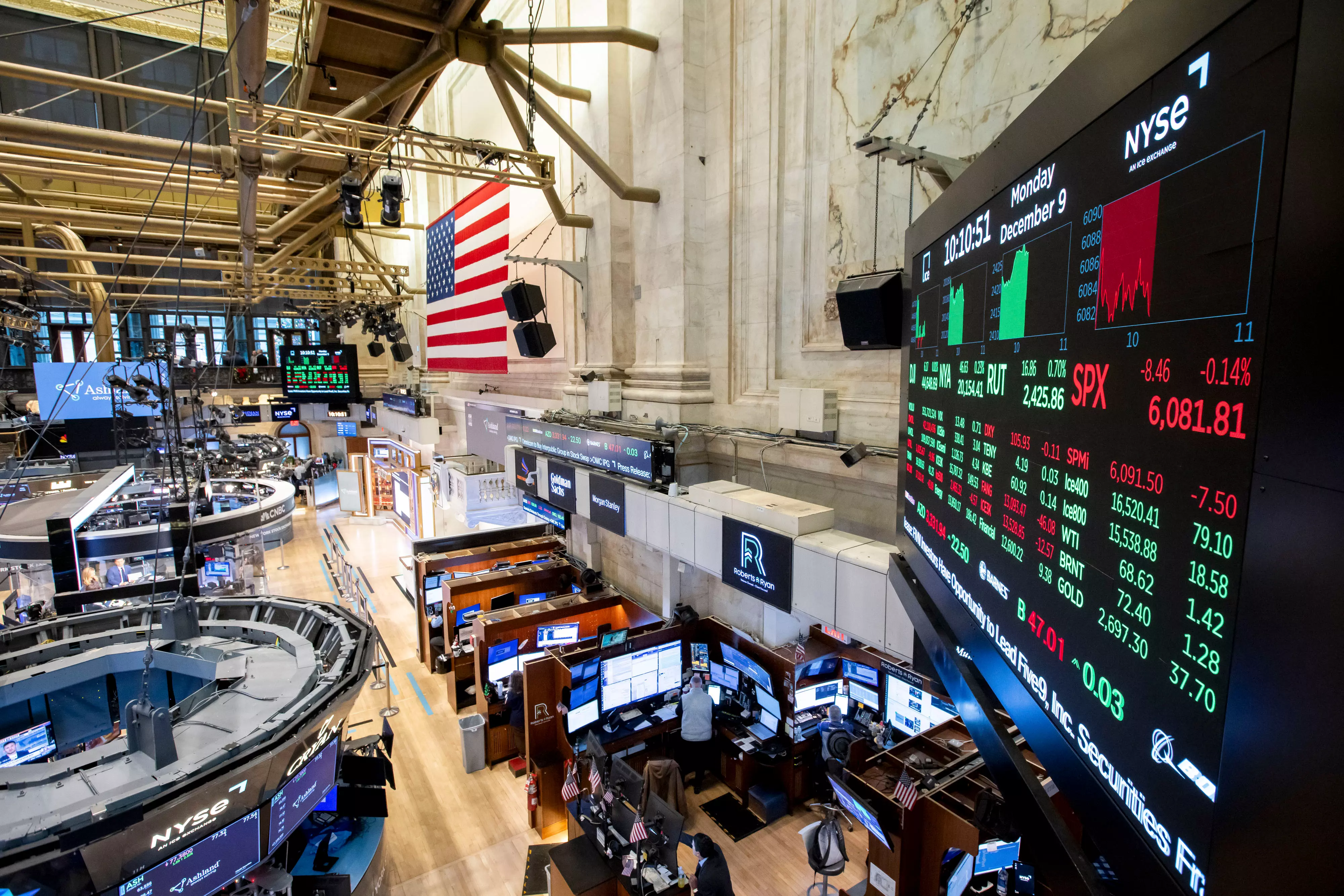U.S. Regulators Investigate Unusual Trading Ahead of Crypto-Treasury Announcements
U.S. Regulators Investigate Unusual Trading Ahead of Crypto-Treasury Announcements
By
Leah Rosenfeld
Last updated:
September 26, 2025
First Published:
December 2, 2025

Photo: IG
In a significant development within the cryptocurrency sector, U.S. regulators, including the Securities and Exchange Commission (SEC) and the Financial Industry Regulatory Authority (FINRA), are investigating unusual trading activities that occurred prior to public announcements by companies regarding their plans to raise funds for cryptocurrency investments. This scrutiny has intensified as more than 200 companies have disclosed intentions to allocate substantial capital into digital assets in 2025.
Surge in Crypto-Treasury Strategies
The trend of companies adopting crypto-treasury strategies has gained momentum, with firms seeking to emulate the success of early adopters like MicroStrategy, which began accumulating Bitcoin in 2020. These strategies involve raising funds through equity offerings or other financial instruments to invest in cryptocurrencies, aiming to enhance corporate balance sheets and capitalize on the potential appreciation of digital assets.
Unusual Trading Patterns Emerge
Regulators have observed sharp increases in trading volumes and stock prices just before companies publicly announced their crypto-treasury plans. Such pre-announcement trading raises concerns about potential violations of Regulation Fair Disclosure (Reg FD), which mandates that companies disclose material nonpublic information to all investors simultaneously, preventing selective disclosure that could advantage certain parties.
Regulatory Actions and Warnings
In response to these concerns, the SEC and FINRA have initiated inquiries into the trading activities of companies that have recently adopted crypto-treasury strategies. FINRA has reportedly sent letters to some firms, signaling the commencement of insider trading investigations. SEC officials have also issued warnings about possible breaches of disclosure rules, emphasizing the importance of adhering to fair disclosure practices to maintain market integrity.
Potential Impact on Market Dynamics
The investigation into pre-announcement trading activities underscores the growing regulatory focus on maintaining transparency and fairness in financial markets. If violations are identified, they could lead to enforcement actions that may include fines, sanctions, or other penalties against the involved parties. Such outcomes could have significant implications for companies considering crypto-treasury strategies and for the broader adoption of cryptocurrencies in corporate finance.
Industry Response and Adaptation
As regulatory scrutiny intensifies, companies adopting crypto-treasury strategies are likely to reassess their disclosure practices to ensure compliance with existing regulations. This may involve implementing more stringent internal controls, enhancing communication protocols, and seeking legal counsel to navigate the evolving regulatory landscape. The aim will be to mitigate the risk of inadvertent violations and to foster confidence among investors and regulators alike.
Broader Implications for the Crypto Ecosystem
The actions taken by the SEC and FINRA reflect a broader trend of increased regulatory oversight in the cryptocurrency sector. While regulators have historically been cautious in their approach to digital assets, the growing integration of cryptocurrencies into mainstream financial markets has prompted a reevaluation of existing regulatory frameworks. This shift could pave the way for more comprehensive and standardized regulations that address the unique characteristics and risks associated with digital assets.
Future Outlook
Looking ahead, the outcome of the current investigations will likely influence future regulatory approaches to cryptocurrency-related activities. If enforcement actions are taken, they may set precedents that shape how companies disclose information related to digital assets. Conversely, if no violations are found, it could signal a more lenient regulatory stance, potentially encouraging further adoption of cryptocurrencies in corporate finance.
The investigation into unusual trading activities ahead of crypto-treasury announcements highlights the increasing intersection of traditional financial regulations and the evolving cryptocurrency landscape. As companies continue to explore digital assets as part of their financial strategies, maintaining compliance with regulatory standards will be crucial to ensuring the integrity and stability of both corporate finance and the broader financial markets.
Popular articles
Subscribe to unlock premium content
Disney’s Timeless Magic and How the Entertainment Giant Continues to Shape Culture and Innovation

Imran Khan’s Economic Missteps Amid Political Chaos in Pakistan

The Philippines’ Digital Shift How Remittances and BPO Are Fueling Growth

Disney’s Timeless Magic and How the Entertainment Giant Continues to Shape Culture and Innovation

Imran Khan’s Economic Missteps Amid Political Chaos in Pakistan

Disney’s Timeless Magic and How the Entertainment Giant Continues to Shape Culture and Innovation









